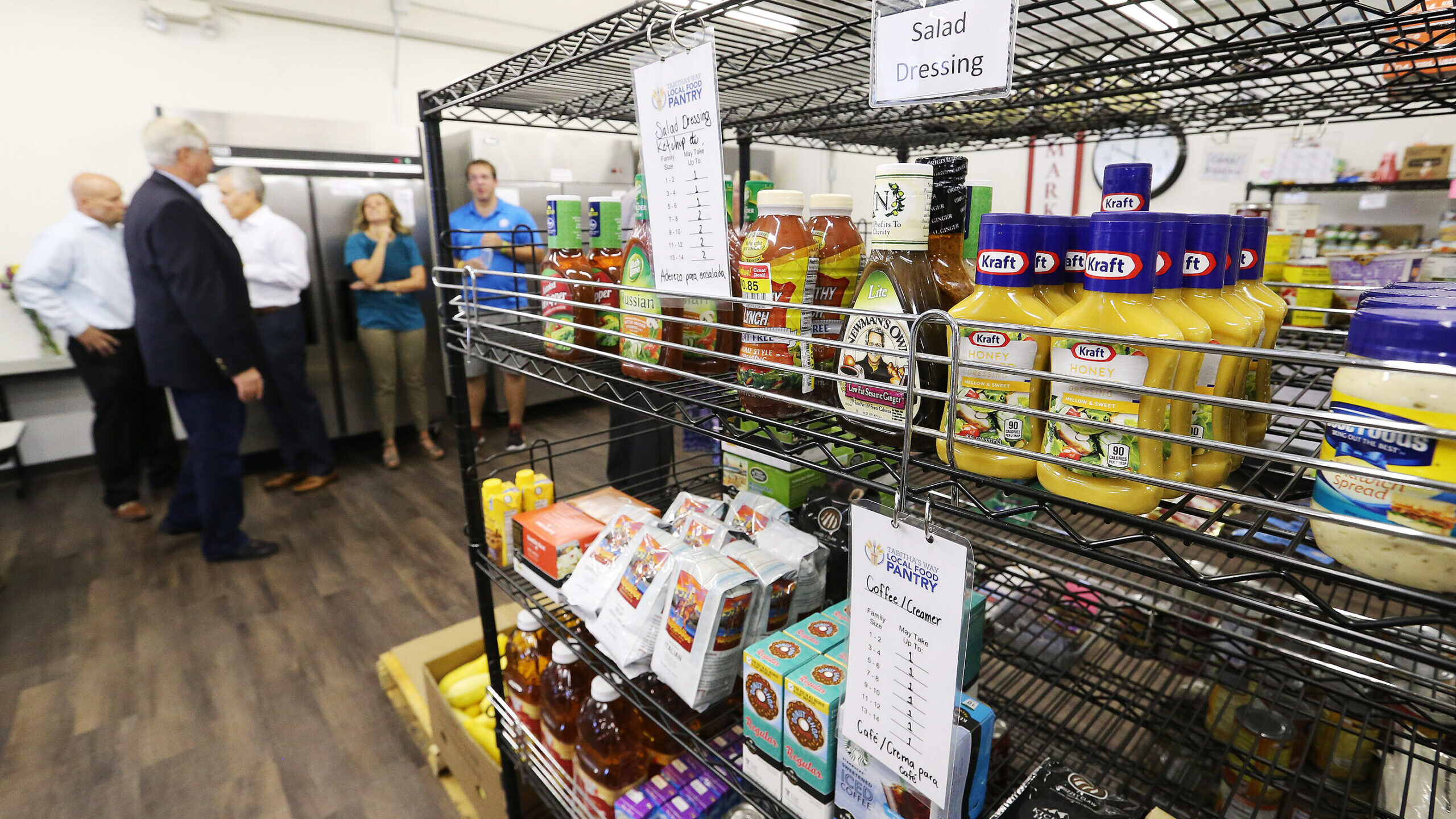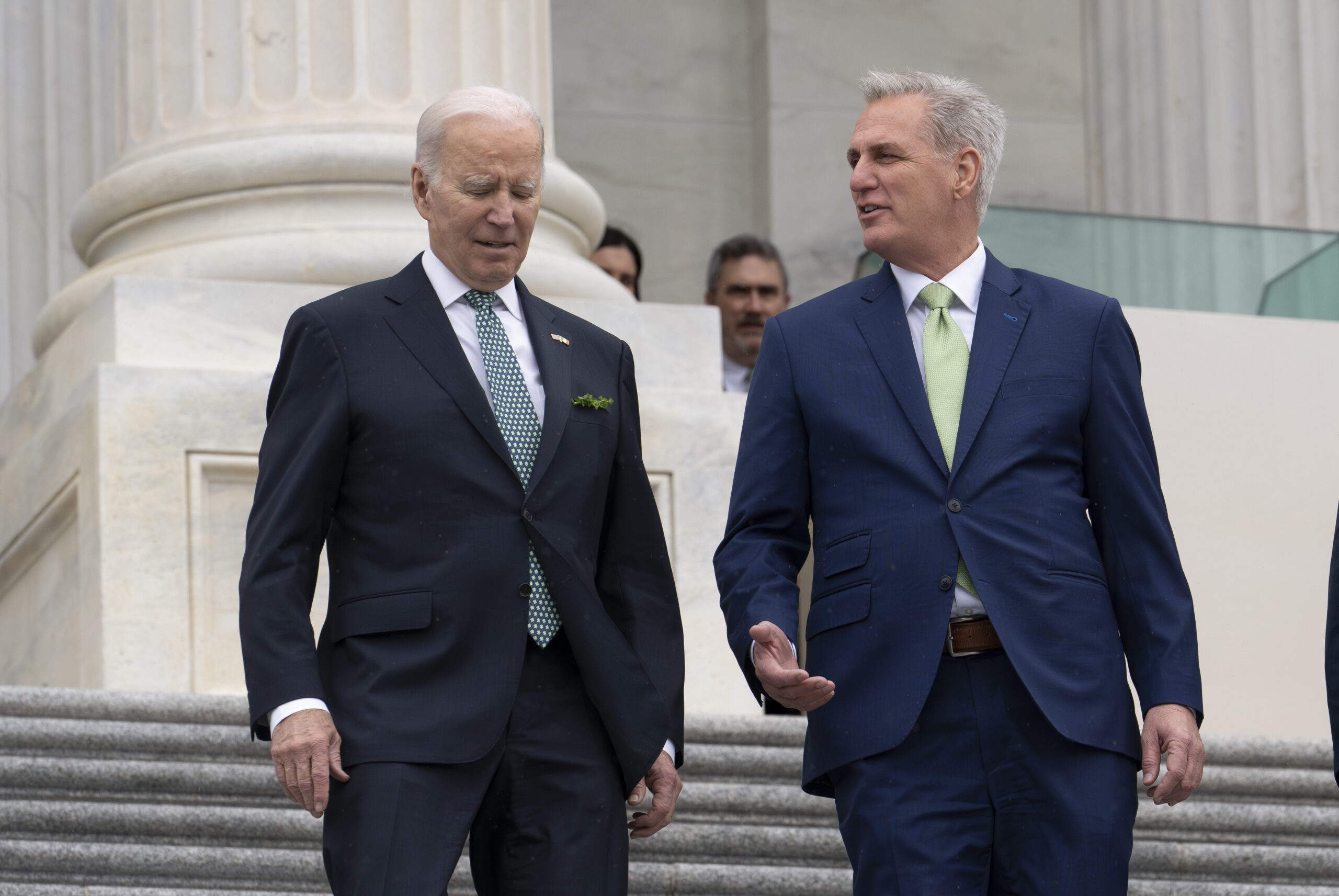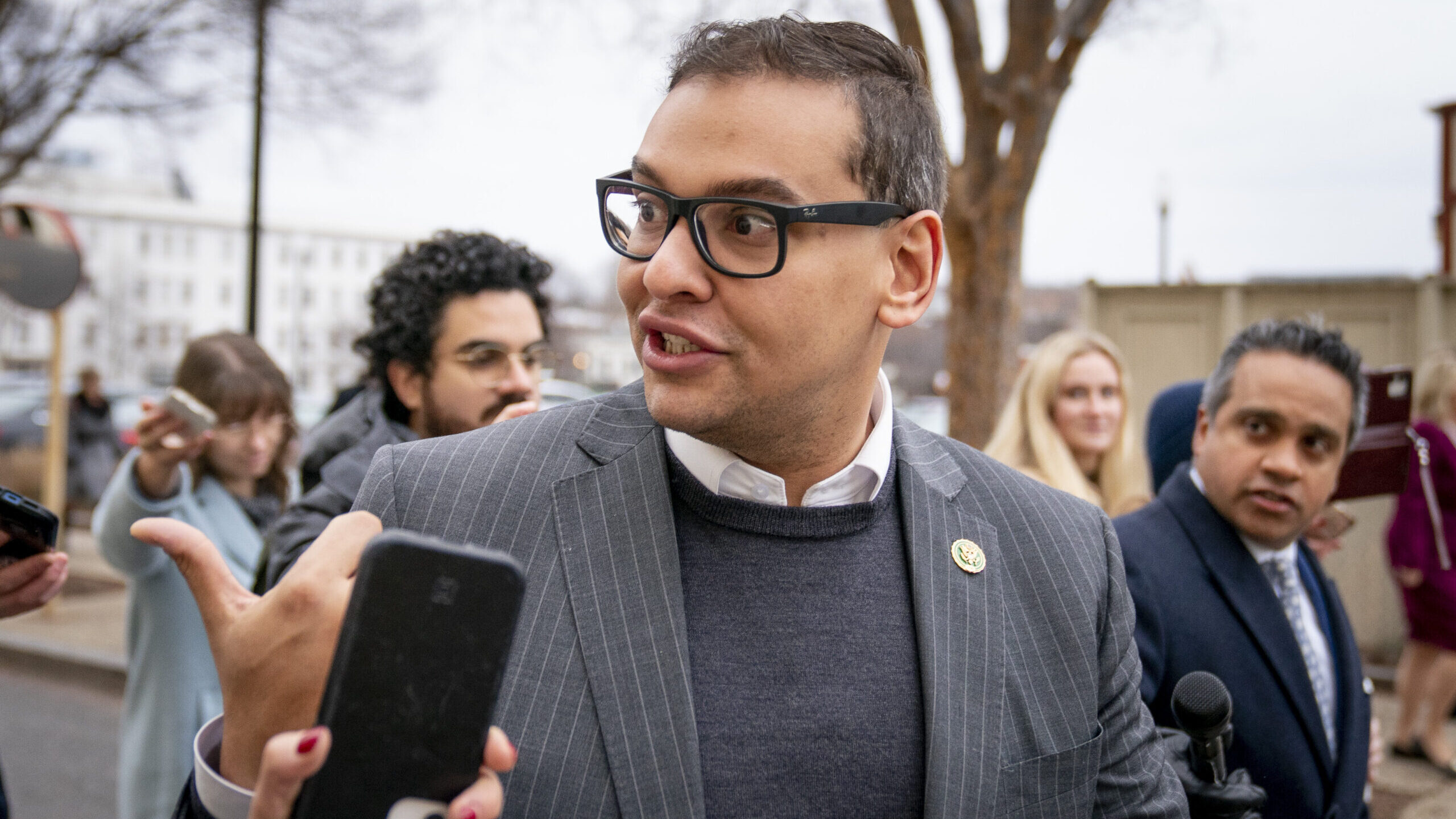DAVE & DUJANOVIC
Speaker Greg Hughes explains why he sponsored the compromise bill to replace Prop 2
Dec 4, 2018, 2:30 PM

File photo of House Speaker Greg Hughes, R-Draper. (Spenser Heaps / KSL)
(Spenser Heaps / KSL)
The medical marijuana compromise bill has officially been approved by the Utah legislature, passing through both the House and the Senate with the support of an overwhelming majority of lawmakers.
Outside of the walls of Congress, however, the bill has been far more controversial. Supporters of the Proposition 2 have harshly criticized politicians, some accusing legislators of opposing “the will of the voters” by overturning a proposition the people voted into law.
To address the controversy, KSL Newsradio’s Dave & Dujanovic invited Speaker Greg Hughes, R-Draper, the man who sponsored it — and gave him the chance to defend his bill.
Why was the compromise bill necessary?

File photo of the State Capitol in Salt Lake City during a previous special session held on Wednesday, July 18, 2018. (Photo: Scott G Winterton, Deseret News)
Hughes doesn’t accept the claim that his bill overturned the will of the people. Instead, he says that his compromise bill was just a way to make sure that, after the vote was over, Utah wasn’t overrun by a battle to repeal medical marijuana.
“If we want medical cannabis, we want it structurally stronger and we want it politically stronger,” he says. “We don’t need any more fights and any more future sessions.”
That, Hughes believes, would have been medical marijuana’s future if the compromise bill had never been passed. As the debates before the election heated up, he says, both sides were starting to fill the airwaves with advertisements and interviews misrepresenting both sides of the issue.
“There was probably going to be at least $2 million of what I thought would ultimately be false narratives,” Hughes says. “I think it was going to rip up this state, it was going to rip up communities, it was going to rip up families at dinner tables.”
He says he believed that there was “common ground” between the supporters and opponents of the bill, and if he could get them to come to an agreement, those “false narratives” would be toned down and the law would stand a better chance of staying on the books.
The compromise bill, he says, didn’t ignore the people’s demands for a medical cannabis program. Instead, he says it was a way to give Utah a program “that would actually be implemented.”
What changes were made to Prop. 2?

FILE – In this Oct. 2, 2018, photo, a clerk reaches for a container of marijuana buds for a customer at Utopia Gardens, a medical marijuana dispensary, in Detroit. (Carlos Osorio, Associated Press)
One of the more controversial changes the compromise bill makes to Proposition 2 is removing most autoimmune diseases from the list of approved illnesses for medical cannabis.
It’s been a talking point for Christine Stenquist, the founder of Together for Responsible Use and Cannabis Education, and Rocky Anderson, an attorney and former Salt Lake mayor who is filing charges against the state on behalf of TRUCE for passing the bill.
Stenquist said she planned to be in Anderson’s office as early as Monday afternoon to get that lawsuit filed.
Hughes, however, argues that the change was a necessary safeguard to ensure that the law wasn’t inadvertently legalizing recreational marijuana.
“That’s a vague term, autoimmune disease,” he says.
The updated bill, he argues, still covers specific types of autoimmune diseases, but makes sure that it’s one doctors can accurately diagnose.
He rejects the suggestion that the compromise bill limits access to marijuana for patients who need it, saying, instead, that a key feature of the bill will actually help make sure that people who don’t have an illness listed in the bill still have a way of getting medical marijuana.
“If it’s not listed in that malady list, we have a compassionate use board where, if you are not responding to traditional medication, you can go to that compassionate use board and be able to make your case with a supervising physician to qualify for medical cannabis,” Hughes explained.
The board, he says, will be comprised of physicians, who will be tasked with making sure that, if a doctor believes a patient could benefit from medical marijuana, that patient will have a way of getting it. The final decision, however, will be made by the board rather than an individual doctor.
“Proposition 2 didn’t contemplate anything like that,” Hughes says. “There were no accommodations for that, but here, this is a catch-all.”
Greg Hughes on the future of medical marijuana in Utah
The compromise bill will not take full effect until 2020. Under the terms of the bill, the state has until January of that year to start licensing.
In the meantime, however, medicinal marijuana is no longer illegal in Utah. A patient with an existing relationship with a doctor who has recommended medical marijuana can legally travel to a neighboring state, purchasing marijuana in a dosable form at a dispensary, and bring it back into Utah.
Hughes believes that, when Utahns start seeing those patients use medical marijuana in a responsible and beneficial way, attitudes are going to change.
“Once it is something that people see as an option for treatment, we will see more advocates,” Hughes predicts. “We will see more people that believe in this.”
He predicts that there are more changes in store for medical marijuana laws in Utah. With the support of both sides of the debate behind the compromise bill, however, Hughes believes that those changes are only going to open up access for more patients.
“One day, we should not have a malady list,” he says, referring to the list of approved maladies for which a patient can be prescribed medical marijuana. “Doctors and pharmacists and patients can absolutely make those decisions.”
Building up public support, Hughes believes, is going to take time. Having a bill that will stand up to scrutiny, however, is going to make sure that patient will only get more access to the medications they need.
More to the story
You can hear KSL Newsradio’s full interview with Greg Hughes on the Dave & Dujanovic podcast:
Dave & Dujanovic can be heard weekdays from 9 a.m. to noon on KSL Newsradio. Users can find the show on the KSL Newsradio website and app, as well as Apple Podcasts and Google Play.
















